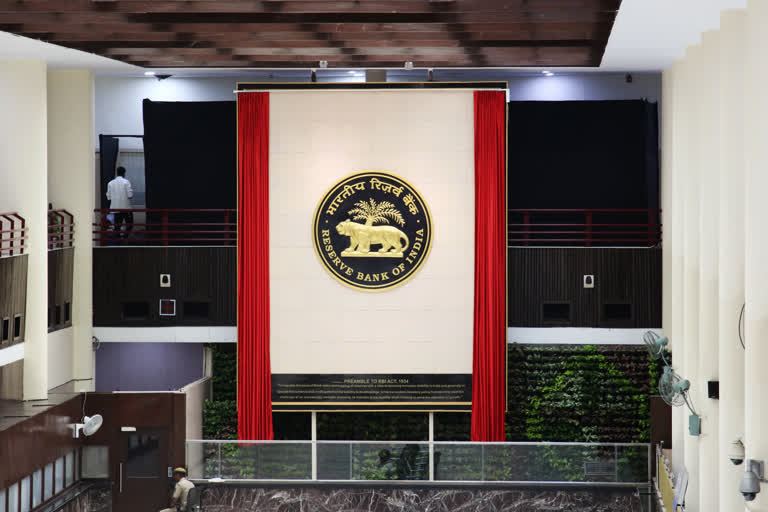Mumbai: Further "policy nudges" are required for increasing the popularity of masala bonds, Reserve Bank deputy governor BP Kanungo has said.
Addressing the forex dealers at an event in Singapore on August 10, Kanungo also called for "urgent" efforts to ensure more coordinated actions among major the economies in the face of rising trade tension.
He, however, made it clear that it is "premature to think of de-globalisation", as globalisation is an "irreversible process".
On masala bonds, where local issuers go abroad to raise money in the rupee, he noted that global investors have shown a "healthy appetite" for the rupee-denominated assets.
"This trend needs to be given further policy nudges," he said, adding these bonds ensure the flow of forex and also protect issuers from exchange risks.
The first transaction of the masala bond was carried out in 2014 by the World Bank entity IFC for funding infrastructure projects in the country.
The speech copy posted by the central bank on its website Monday did not have any specific suggestions on the possible policy measures.
On trade wars, Kanungo said there does not appear to be any possibility of a quick resolution to the disputes between the US and China, nor does it seem to escalate and get out of hand rapidly in near future.
He, however, ruled that the row between the two largest economies is contributing to the global slowdown, and listed a no-deal Brexit and the ongoing geopolitical tension in the Gulf as other risks.
Read More: PSB's Rs 70,000 crore infusion to push loan growth by 15%: Moody's
Acknowledging that globalisation has brought some problems and discontent, Kanungo said "wisdom" lies in addressing the issues rather than opting for disbanding of the entire process.
"All aspects of our existence including economies, markets, social interactions, education and so on have become intertwined," he said, adding advancements in communication and technology have speeded up the l globalization process.
Even as growth in developed countries remains sluggish, India and China, which have been powering global growth in recent times, are facing "challenges", he said.
Kanungo said domestic forex markets have been "fairly stable" in recent months, but added the RBI is forced to intervene by buying or selling forex to restore orderliness.
"One also needs to bear in mind that the country's forex reserves are borrowed reserves and not built out of export surpluses. In as much as it provides a bulwark against sudden flow reversals, it enhances the country's ability to cope with the fallout and indeed, contributes to global stability as well," Kanungo said.
The deputy governor also appealed domestic banks to help popularise a recently launched, web-based platform making it possible for small businesses to directly place buy or sell orders on currencies.
He also urged the non-banking participants in the audience at the Forex Association of India Conference to study the global forex code developed by the BIS and sign a statement of commitment to the code.



